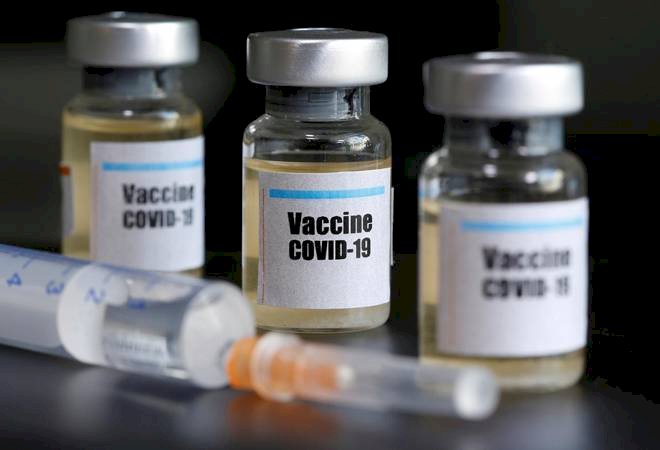Coronavirus vaccine from Oxford shows promise in animal tests
The preliminary findings also indicated that the vaccine 'ChAdOx1 nCoV-19' was effective in preventing lung damage

The first results of a recent animal trial of the coronavirus vaccine from Oxford University showed promising results. The report showed that the monkeys had developed antibodies against the virus within 14 days, given a single shot of the vaccine. All the monkeys developed protective antibodies within 28 days before they were exposed to higher doses.
The most important finding is the combination of considerable efficacy in terms of viral load and subsequent pneumonia, but no evidence of immune-enhanced disease that has been of concern to vaccines in general, such as respiratory syncytial virus (RSV) vaccines and SARS vaccines, "says Professor Stephen Evans, Professor of Pharmacoepidemiology, London School of Hygiene.
The disease 's potential for antibody-dependent enhancement is seen as one of the key challenges facing coronavirus species with vaccines. The lack of a vaccine against the 2003 SARS CoV strain was a primary reason for that.
"It's helpful to see that monkeys vaccinated with this SARS CoV2 vaccine had no evidence of increased pulmonary pathology and that, despite some evidence of upper respiratory tract infection with SARS COV2 following a high viral load challenge, monkeys with the vaccine had no evidence of pneumonia," Dr. Penny Ward, Visiting Professor of Pharmaceutical Medicine at King's London College.
Globally, more than 3 lakh people have died and nearly 45 lakh have been testing positively for the deadly virus since it emerged last December in Wuhan




























